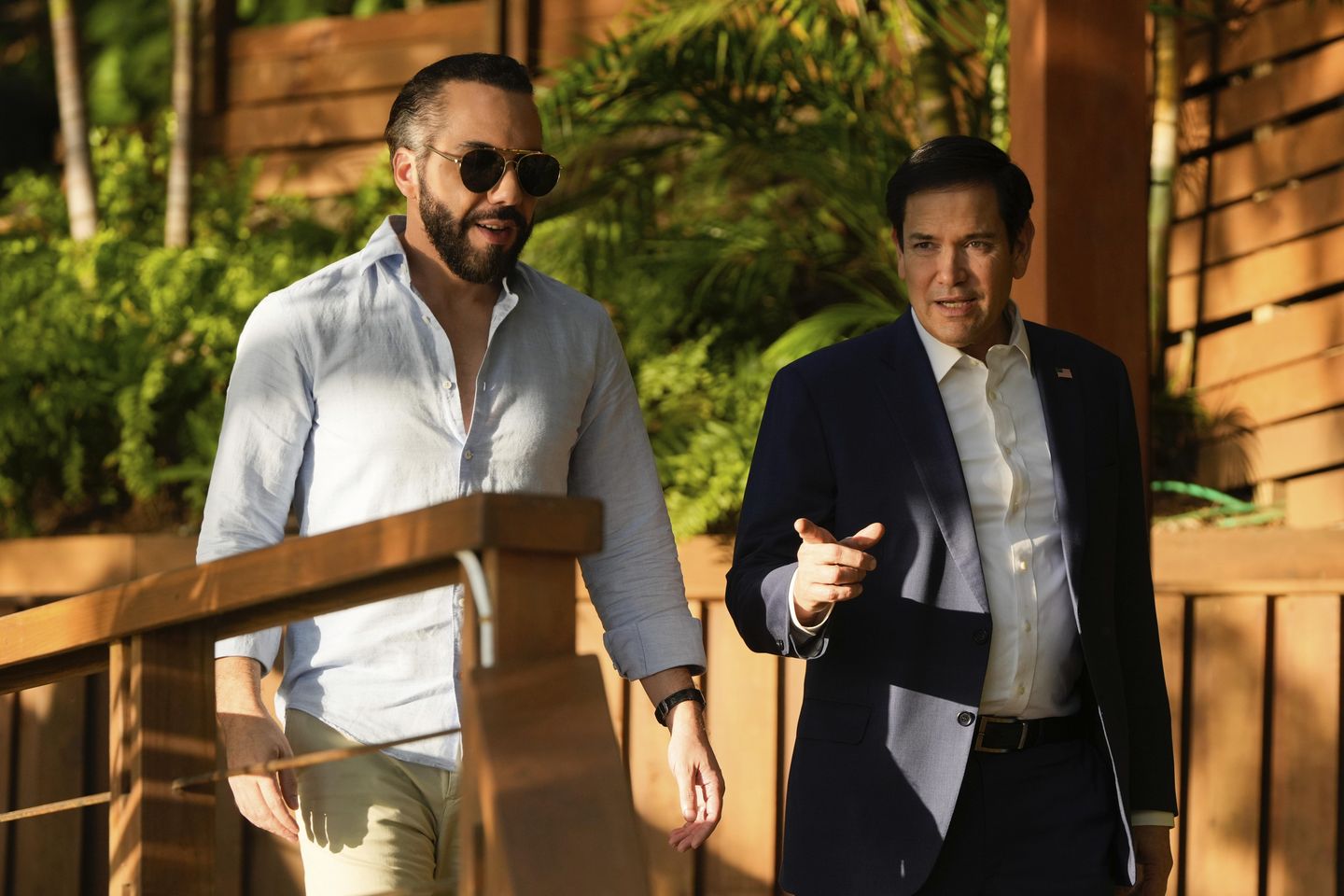On a recent Sunday, Salvadoran President Nayib Bukele took to the media to announce that his country, a key player in Central American geopolitics, had agreed to accept over 200 members of the Venezuelan gang, Tren de Aragua, who were recently deported by the United States. This news has raised eyebrows in international circles and has opened up a fresh debate on the handling of gang violence and crime in Central America, particularly in the context of international deportations.
This move by President Bukele is significant and layered with implications. Firstly, it highlights the situation of crime and gang violence in El Salvador and the broader Central American region. Criminal gangs like Tren de Aragua are notorious for their violent activities, often involving drug trafficking, human smuggling, and a host of other criminal endeavors. Their operations spread across multiple countries, creating a complex web of criminal activities that are increasingly challenging to handle for local law enforcement agencies.
The decision to accept over 200 deported gang members is not without controversy. It raises concerns about the potential escalation of crime rates in El Salvador, a country already grappling with high levels of violence. It is worth noting that El Salvador has one of the highest homicide rates globally, with much of the violence attributed to gangs. The addition of these 200 individuals could potentially exacerbate the situation, leading to an upsurge in crime and further destabilizing the already shaky social order.
The deportation of these gang members by the United States also brings into focus the country’s policies on immigration and deportation. The United States has been grappling with the issue of illegal immigration for a long time, with criminal gangs and their activities often at the center of the debate. This incident brings to light the complexities involved in dealing with such issues. While deportation is seen as a necessary solution to rid the country of criminal elements, the impact of these actions on receiving countries like El Salvador cannot be overlooked.
The acceptance of the deported gang members by El Salvador also signals a significant shift in the country’s approach to dealing with gang violence. It reflects the administration’s willingness to engage with the problem head-on, rather than shying away from it. However, it also raises pertinent questions about the country’s capacity to handle the influx of these criminals, rehabilitate them, and prevent them from falling back into criminal activities.
President Bukele’s administration will now be under increased scrutiny to demonstrate that it can effectively manage this situation. It will have to show that it can integrate these individuals into society without leading to an escalation in crime rates. Furthermore, the government will also need to reassure its citizens and the international community that it can maintain law and order and ensure public safety.
In addition, the move also underscores the complex dynamics of international politics. The United States, Venezuela, and El Salvador are all implicated in this issue, each with its own set of interests and concerns. This incident is emblematic of the broader tensions and conflicts that characterize international relations in the region.
The Salvadoran government’s decision also opens up discussions about the broader issues of crime and punishment, rehabilitation, and the social integration of criminals. The government’s ability to handle this situation will be a litmus test of its policies and strategies on these fronts. Failure to effectively manage this could have far-reaching implications, not just for El Salvador, but for the entire Central American region.
In the wake of this news, there has been a flurry of reactions from various quarters. While some have lauded President Bukele’s bold move as a step towards tackling gang violence head-on, others have expressed concerns about the potential implications for the country’s security situation.
What is clear, however, is that the deportation and subsequent acceptance of these gang members is a complex issue, fraught with political, social, and security implications. It is a situation that will require careful handling, not just by the Salvadoran government, but also by the international community.
In conclusion, the Salvadoran President’s announcement that his country has accepted over 200 members of the Venezuelan gang Tren de Aragua, deported by the United States, is a significant development. It is a move that has and will continue to spark debate and discussion, as it brings to the fore the complex issues of gang violence, crime, international deportations, and the broader dynamics of Central American geopolitics.









